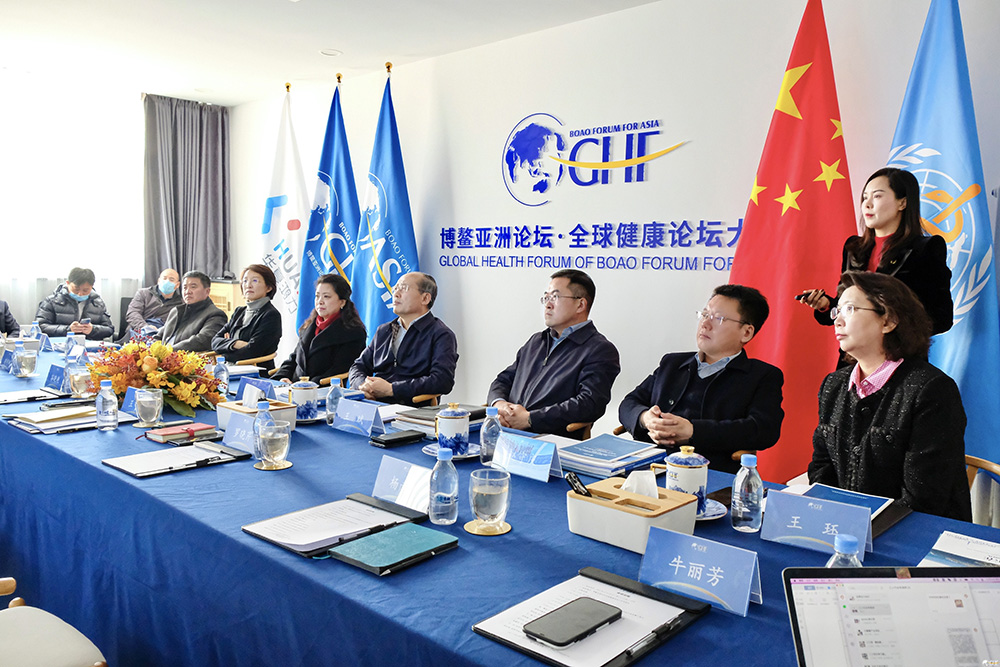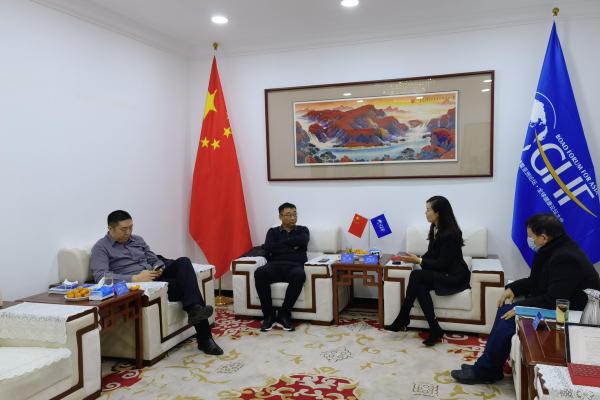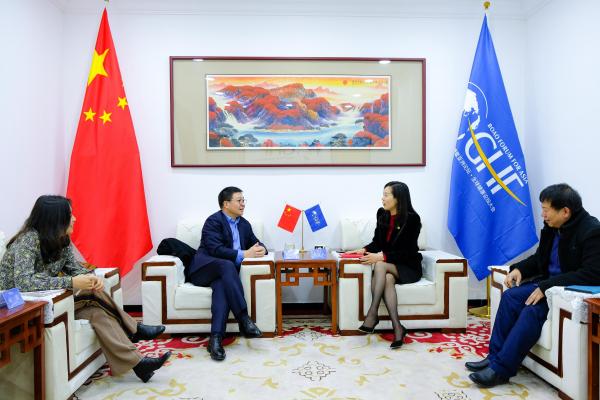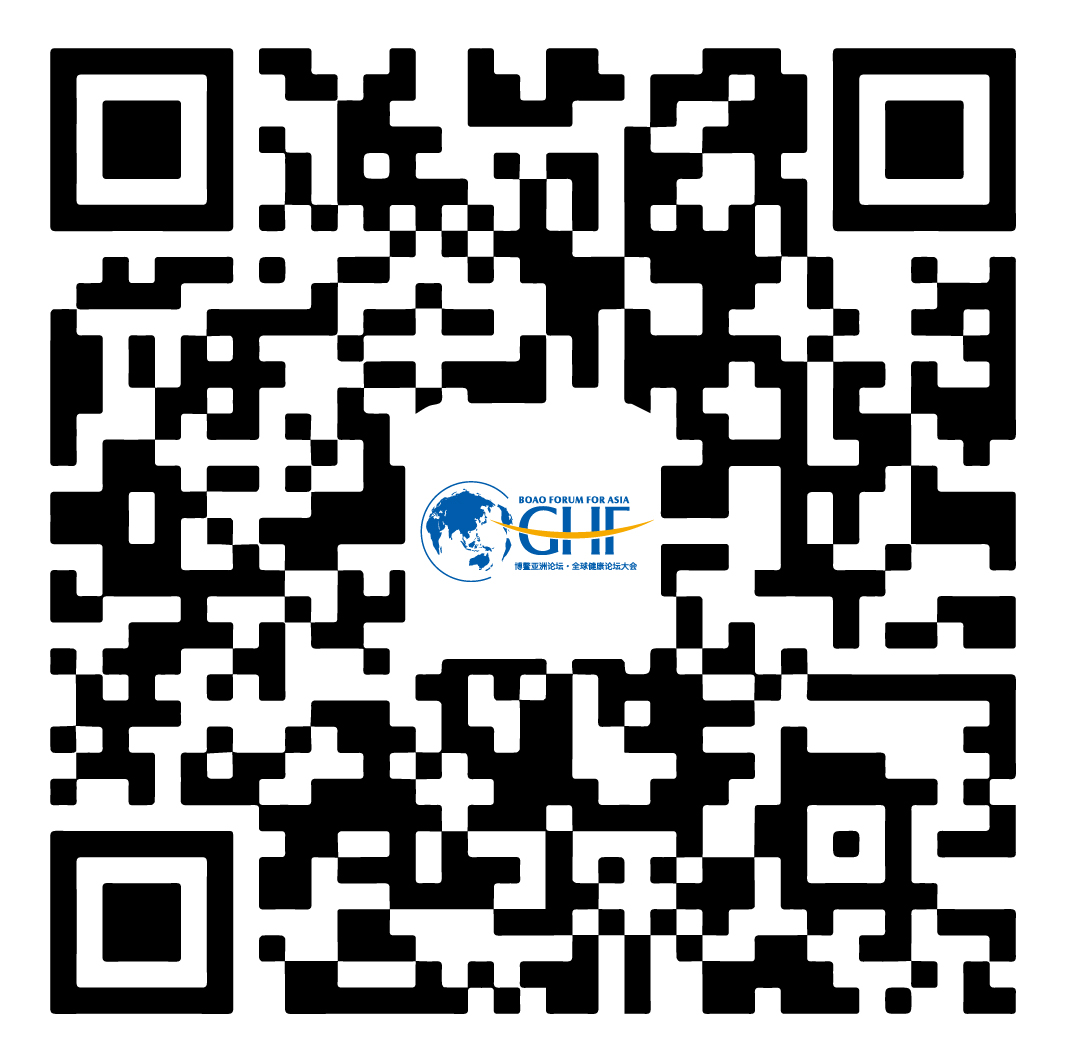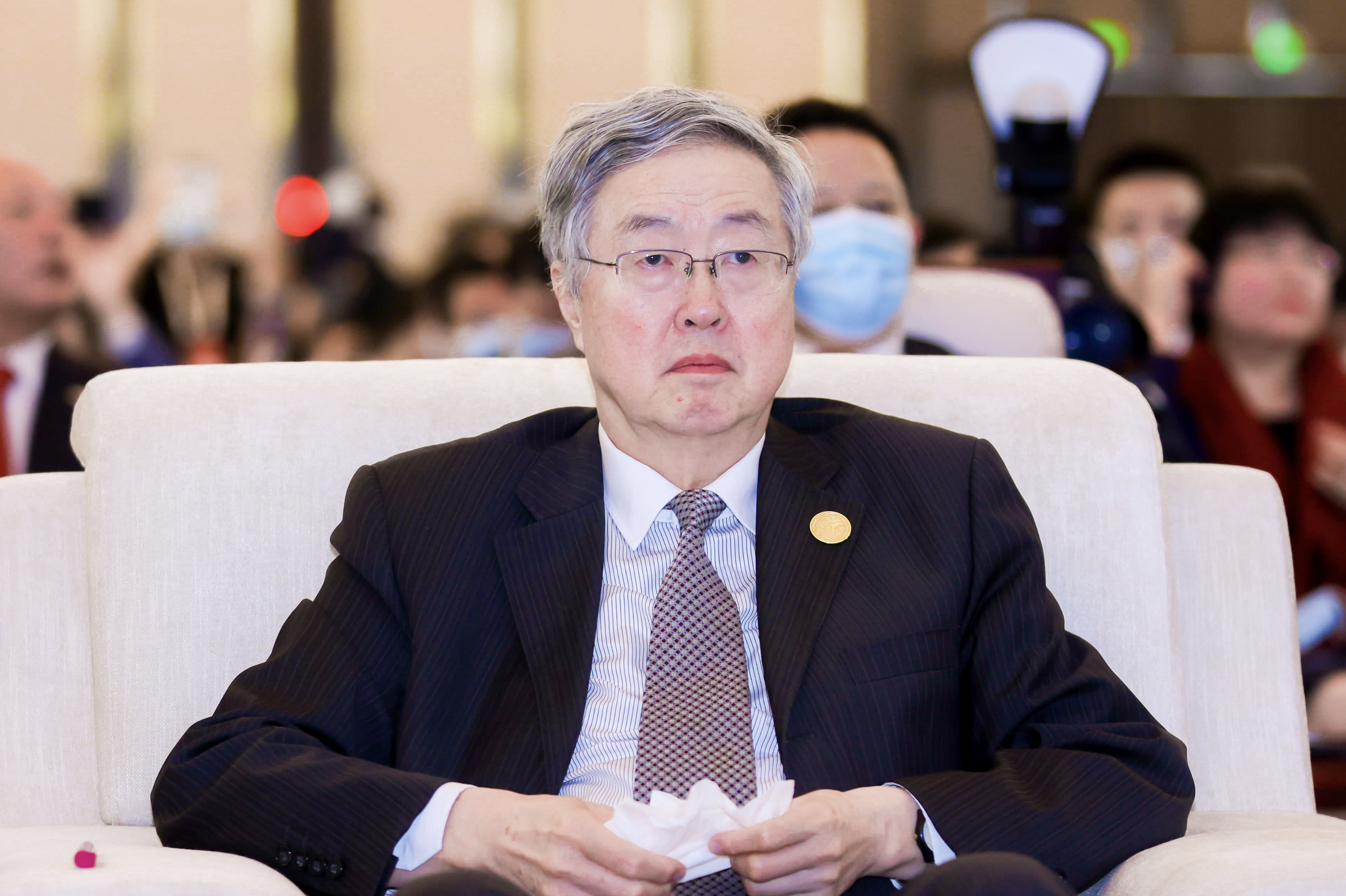
ZHOU XiaochuanVice Chairman, Boao Forum for Asia
Welcome everyone. Thank you for taking the time to attend the Boao Forum for Asia Annual Conference 2024. In the post-COVID-19 era, the world appears to be deviating from its track of peaceful development. The world economy has failed to recover swiftly, the Russia Ukraine conflict is still ongoing, and a fresh round of the Israel-Palestine conflict has erupted. Meanwhile, July 2023 was the hottest month on record, and ChatGPT took the world by storm. Indeed, the disruptions caused by natural disasters and technological advancements pose significant challenges and tests for the human race. Confronted with global, epochal and historical changes, coming together to share responsibilities and address challenges is the sole path toward building a shared future for humanity. In this process, Asia will play a key role.
Asia is the cornerstone of world economic growth. The tepid recovery remains a challenge for the global economy. The IMF forecasts that the global economy will continue to grow at a level below the pre-COVID-19 historical average, while the World Bank believes that the world has entered its slowest five-year growth phase in 30 years. The high interest-rate environment has suppressed global aggregate demand, and some developing economies are still weighed down by their debt burden. Many economies direly need to regain their lost growth momentum. Faced with many external constraints, Asia — and particularly developing Asian countries — will continue to be the cornerstone of world economic growth. Countries such as China, India and Indonesia are all growing at more than 4%, and the continent is still expected to account for about twothirds of world economic growth.
Asia is a key pillar of economic globalization. The rise of anti-globalization sentiment, heightening protectionism, decoupling and severing of supply chains, as well as taking the “small yard, high fence” approach, have obstructed efficient flows of key raw materials, intermediate products, technology, and talent, significantly damaging global well-being. In this context, many Asian countries have implemented new and high-standard trade rules such as the Regional Comprehensive Economic Partnership, the Comprehensive and Progressive Agreement for TransPacific Partnership, and the Digital Economy Partnership Agreement, so that WTO rules may be brought up to date. Asia firmly believes in handling trade disputes appropriately, opposing unilateralism, camp confrontations and exclusive small circles, as well as allowing economic globalization to benefit every country and individual.
Asia is a key region for making green, low-carbon development a reality. In 2023, there was a major gap in global climate action. The green industrial revolution requires enormous commitment in funding and technology. The UAE Consensus reached at the COP 28 UN Climate Change Conference in Dubai, calling for an accelerated transition from fossil fuels to reach net zero, is an important milestone. As the most populous region with the world’s highest energy consumption and carbon emissions, Asia assumes the arduous task of green, low-carbon development. At the same time, Asia, the “world’s factory,” has core technologies for clean production and has brought together global clean energy investment. It has actively contributed to green production, infrastructure development, as well as funding and technological collaboration.
Asia is an emerging powerhouse in technological innovation and the digital economy. Technological innovation and the digital economy have become key areas in the latest wave of international competition. New forms of businesses such as digital services trade and cross-border e-commerce are reconstructing the international trade landscape. Meanwhile, generative AI has become a key issue in global governance. Technological innovation clusters abound in Asia, and are shaping the future of global digital innovation. The digital economy has surpassed 38.5% of GDP. The world awaits an Asian solution that will strengthen global technology governance, promote fair competition, foster safe and orderly cross-border data flows, help align AI with diverse human values, narrow the digital divide, and protect labor rights.
Sharing the same planet and being members of the same global village, what benefits Asia benefits the world, and vice versa. Externally, Asian countries face enormous challenges resulting from significant changes in the global landscape. Internally, major political and economic agendas need to be urgently addressed. Asia should work together with the rest of the world, and jointly advance global governance so that the world can return to a peaceful, stable and sustainable track. This is our responsibility.
With the future of humanity in mind and taking the well-being of the people to heart, China’s President Xi Jinping said that China is willing to work with the international community to promote the building of a community and a better world. China will focus on achieving a Chinese path to modernization, accelerating the creation of new quality productive forces, and actively advocating the construction of a fair and orderly multipolar world and inclusive economic globalization. This is China’s responsibility.
Based in Asia and facing the world, the Boao Forum for Asia serves as a global platform for political and business dialogue around the world. It will work together with Forum members and partners as well as like-minded individuals to increase understanding within Asia and between Asia and the rest of the world, as well as to share responsibilities and meet challenges. I hope that all our distinguished guests will speak their minds freely at the annual conference, and contribute to Asia’s collaboration with the world and to the future of humanity.

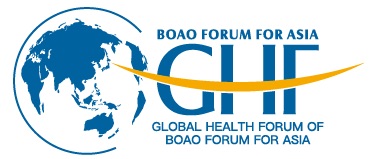

 News
News
 Partner application
Partner application Download
Download Hot News
Hot News
